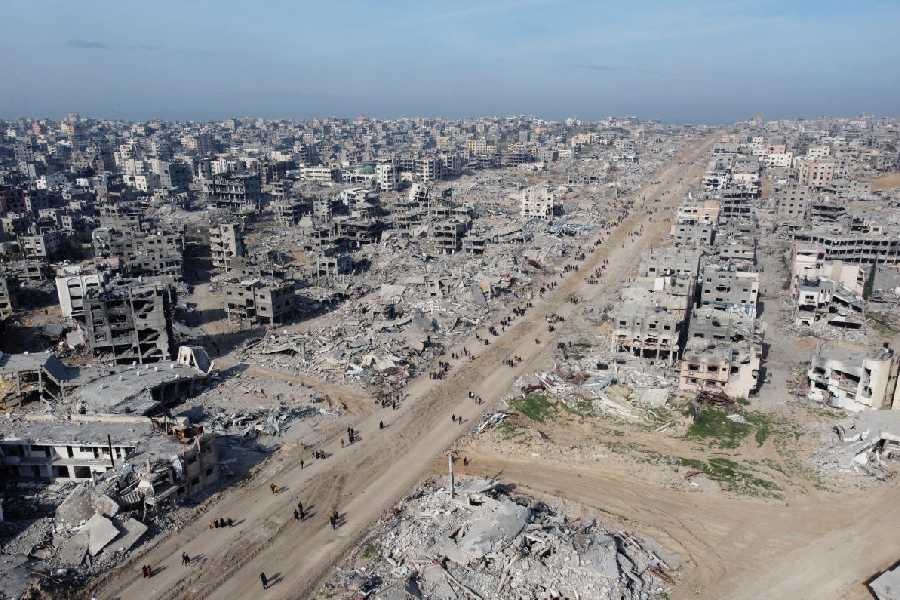Patna: A pregnant Muniya Devi (25) was rushed to the Veerpur primary health centre in Begusarai district in February this year. The primary health centre referred her to the district hospital around 12 km away but she died.
"The primary health centre didn't have any gynaecologist and the trained auxiliary nurse midwives (ANMs) who conduct deliveries were on field duty due to which we had to take Muniya to the district hospital. Muniya died on her way to the hospital," said Shambhu Ram, Muniya's husband.
The medical officer in-charge of the Veerpur primary health centre, Dr S.K. Goyenka, admitted that ANMs were sometimes not available at the centre due to their field work and doctors were forced to refer pregnant women to the district hospital.
"Around five deliveries take place every day here. Sometimes, due to unavailability of ANMs, we have to refer the cases to the district hospital. Also cases which require C-section or when there is complication in which a gynaecologist's assistance is needed, women referred to the district hospital," Goyenka said.
Similarly, an official of the Dumraon primary health centre in Buxar district said the centre cannot handle deliveries because it has no trained ANMs.
"The delivery point is at the sub-divisional hospital, around 3km away. We refer delivery cases there," the official said.
Safe motherhood remains a challenge in Bihar because there are only 1,221 delivery points and around 30 lakh deliveries take place per year, Unicef health specialist Syed Hubbe Ali said on Thursday, marked as National Safe Motherhood Day.
Inadequate trained manpower at the health facilities was also one of the reasons, experts said.
Ali said that 208 women die per one lakh births in the state as per Sample Registration System (SRS) data.
The causes of maternal mortality include lack of delivery points, lack of trained nurses, and rampant anaemia among women.
"The state government should focus on increasing the number of delivery points," Ali said.
"Now only 64 per cent deliveries are institutional deliveries. Rest are home deliveries. Steps should also be taken for rational distribution of the skilled birth attendants. Nurses can become birth attendants with 21 days of training."
Ali also suggested that the government should focus on maternal nutrition, and promote ante-natal checks.











